Losing fat isn’t just about what you eat—it’s about consistency, clarity, and building habits that stick. One of the most effective tools for sustainable fat loss is weekly meal prep. But most people approach it the wrong way: focusing on complex recipes or strict diets instead of cultivating a repeatable, flexible system. This article reveals a science-backed, habit-first blueprint to use weekly meal prep as a powerful engine for fat loss—offering clarity on what to do, why it works, and how to adapt it to your life.
Meal prep isn’t a diet—it’s a behavioral strategy. Research shows that people who plan and prepare meals in advance are more likely to maintain a healthy weight and consume fewer calories overall. Here’s why:
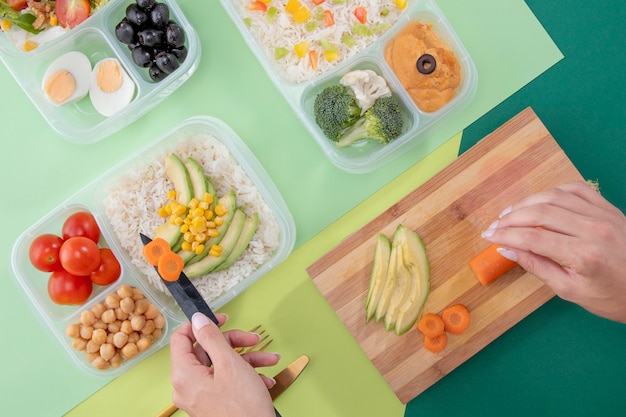
Traditional meal prep often fails because it’s too rigid. You spend hours cooking, only to get bored by day three. The habit-first blueprint flips this: instead of aiming for perfection, focus on consistency and simplicity.
This means starting small—prepping just 2–3 meals per week—and gradually increasing as the habit strengthens. The goal isn’t to cook every meal in advance, but to create a reliable system that reduces friction and supports fat loss over time.
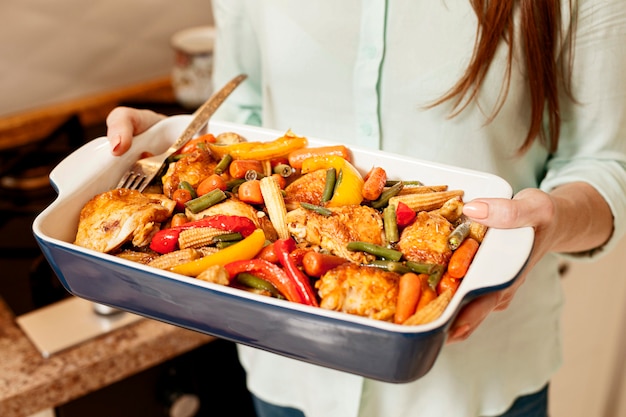
Meal prep is only as effective as the meals you create. Focus on these evidence-based nutrition principles:
The best systems are adaptable. If your schedule shifts, adjust your prep strategy:
The key is not perfection, but persistence. Even 60% adherence to a meal prep routine can lead to meaningful fat loss over time.
Track outcomes that matter: energy levels, clothing fit, and consistency—not just the scale. Weighing yourself once a week can be helpful, but don’t let daily fluctuations derail your progress. Focus on the habit: did you prep? Did you eat mostly whole foods? These are the real indicators of long-term success.
Weekly meal prep isn’t a one-size-fits-all solution. It’s a framework to reduce decision-making, support healthy eating, and create space for fat loss to happen naturally. By focusing on habits first—starting small, staying consistent, and adapting as needed—you build a system that lasts far beyond a short-term diet.
Begin this week: pick one meal to prep, follow the simple steps, and notice the difference. Over time, those small actions compound into lasting change.

Health

Health

Health

Health

Wellness
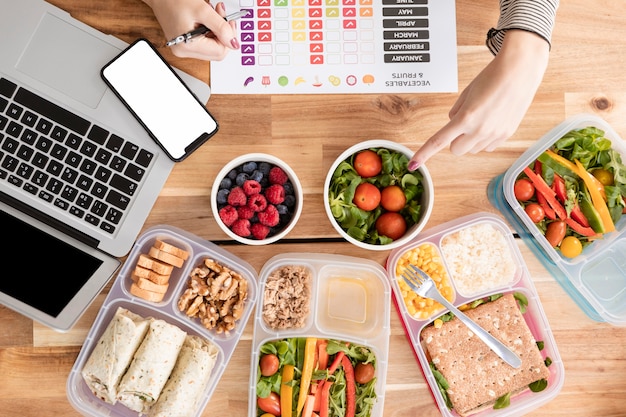
Wellness
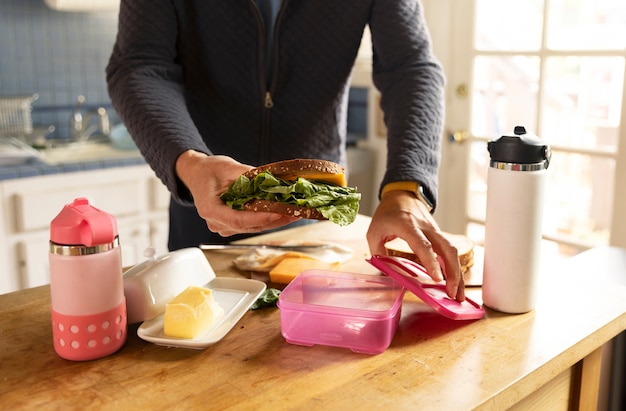
Fitness
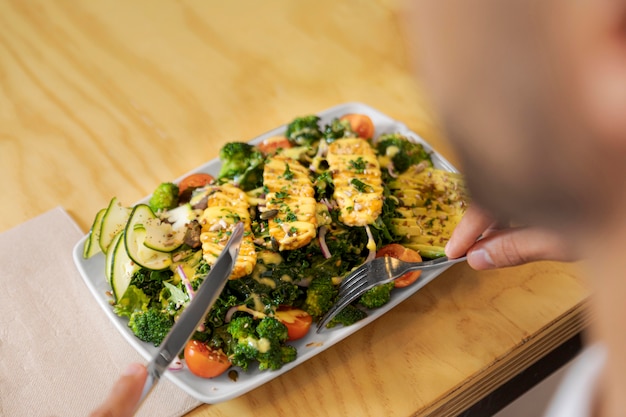
Wellness
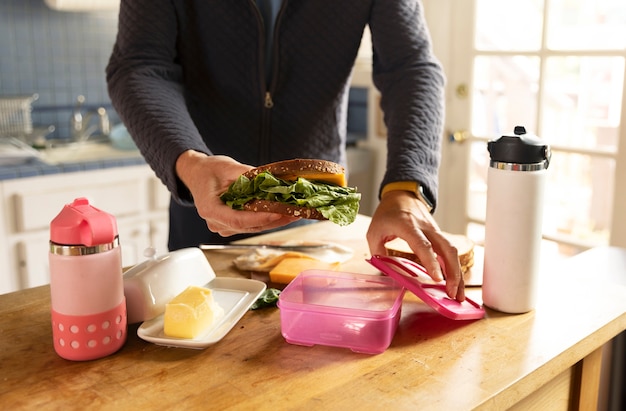
Wellness
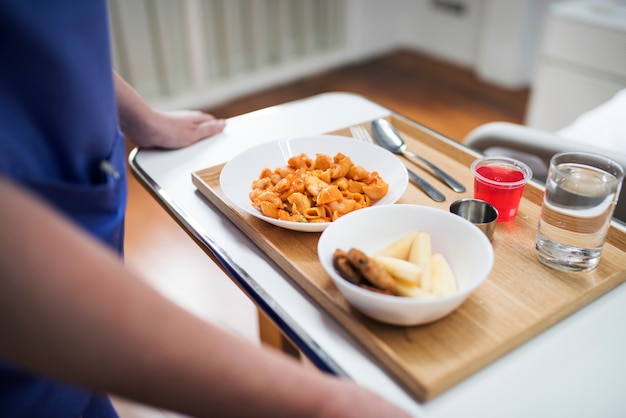
Health

Fitness
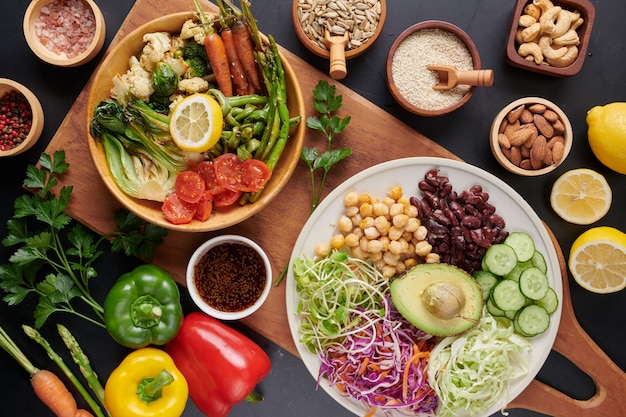
Health

Health

Fitness

Health

Health